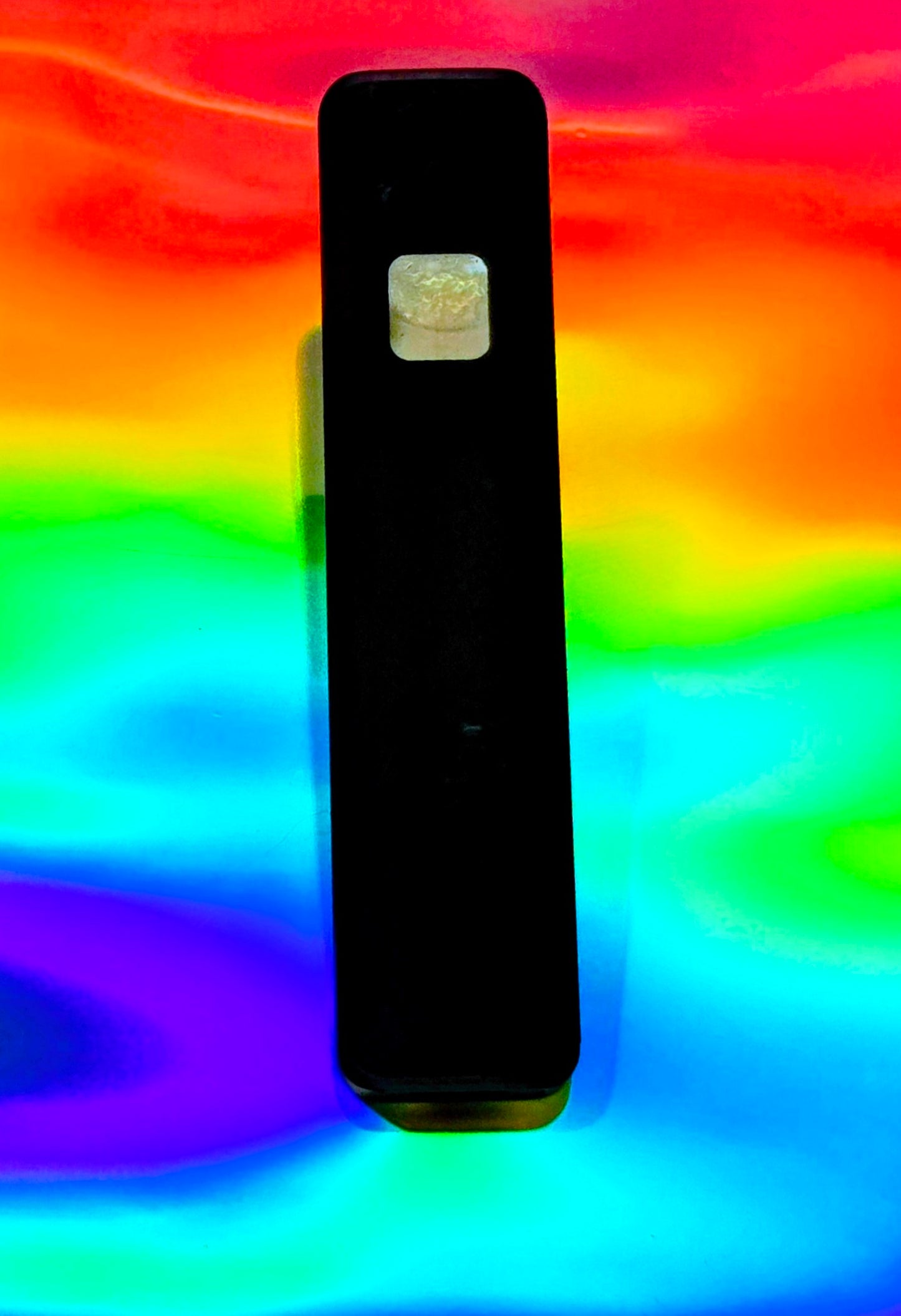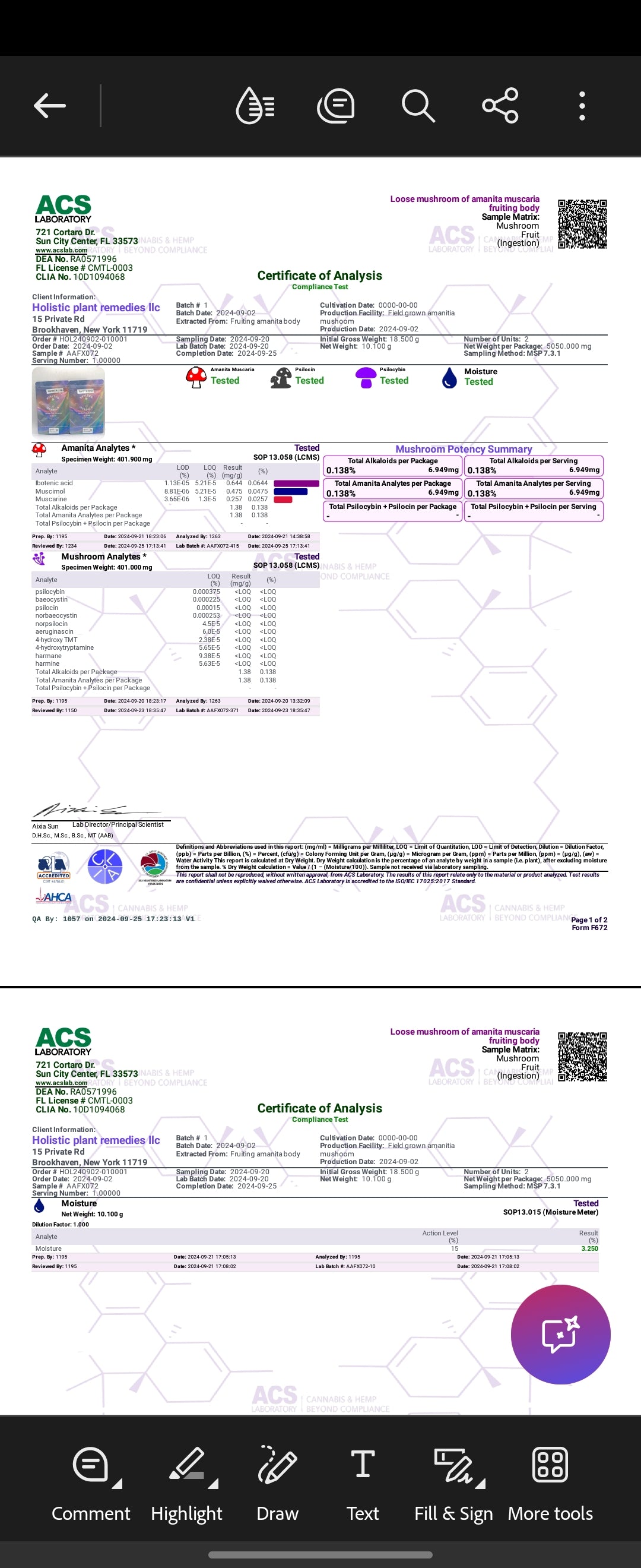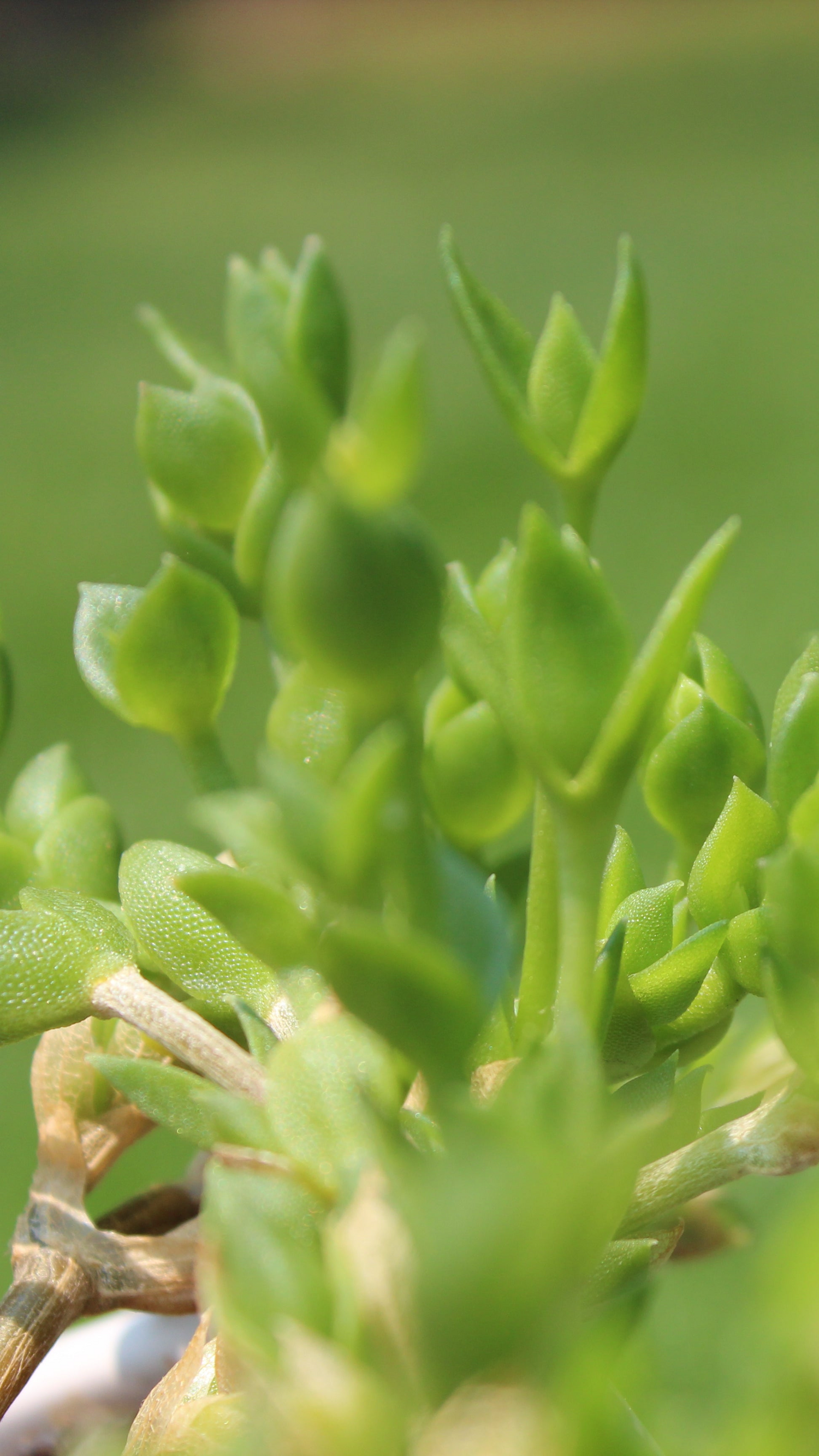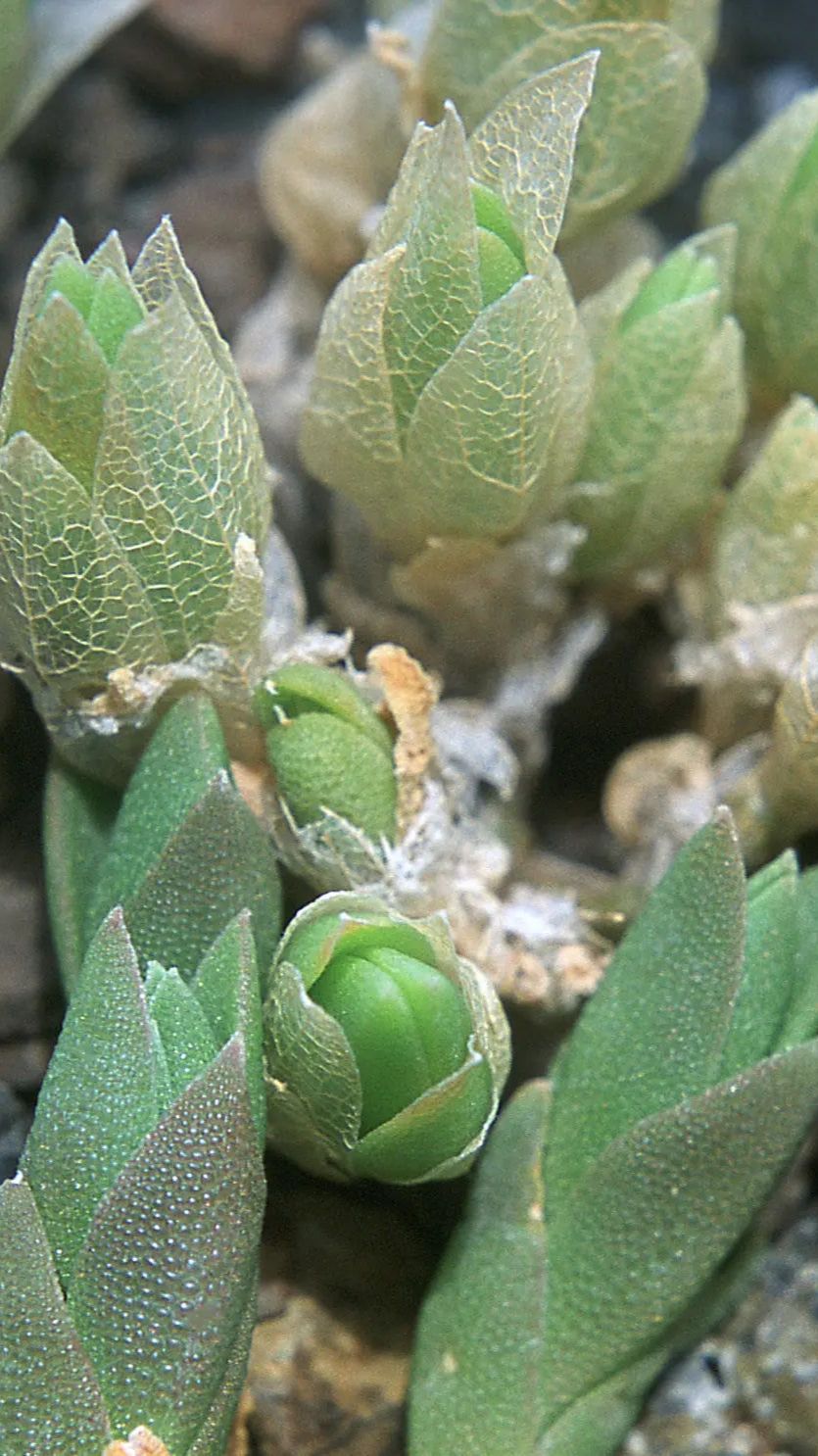
Healing Herbals
Amanita Muscaria Disposable Essential Oil Diffuser
Amanita Muscaria Disposable Essential Oil Diffuser
Couldn't load pickup availability
Amanita Muscaria Disposable Diffuser
Amanita Muscaria Disposable diffuser amanita muscaria extracts combined with natural ingredients such as organic orange essence, vegetable glycerin (VG), and propylene glycol (PG) to allow the material to flow in the device
Its designed is aimed at botanical research, incense applications, and as a decorative item. The inclusion of Amanita muscaria, historically revered in shamanic traditions for its transformative properties, adds a unique research dimension to the product.
Historical Snippet
Ancient shamanistic practices often incorporated Amanita Muscaria in ritualistic or incense forms, symbolizing a connection to the spirit world and natural energie.
Key Features
- Portable, disposable design for ease of use
- Blended with natural orange essence, VG, and PG.
- Incorporates Amanita muscaria extracts
- Suitable for incense, and aromatherapy only use
This product will not be distributed to Louisiana. (Must be 21 years or older to purchase. We do not ship to the following states: Louisiana)
FDA Disclaimer
The FDA has not approved these statements. This product is not intended for human consumption.
Share


Collapsible content
Honest Sourcing
Our Amanita Muscaria is always sourced from safe woodlands & reputable ethnobotanical or mycology suppliers who provide verified, lab-tested dried mushrooms with clear species identification, ideally with third-party testing for heavy metals, microbial contamination. All of out Amanita Muscaria is harvested by professional foragers.
Premium Amanita Quality
Healing Herbals Stores strives to have the highest quality Amanita selection on the internet, with fresh Amanita harvested and dried according to proper dehydration guidelines providing reliable consistent mushroom.
Amanita Muscaria Disposable essential oil diffuser
I haven’t tried amanita prior to this. But as far I’m concerned, one 2 sec draw is enough for me to feel the sedation after 5 mins and it really picks up about 20 mins in. Hits cleanly, no coughs. No undesirable effects as of yet, so I would say it’s pretty good for taking any edges off and chilling for the night, or day if that’s your thing. I can’t speak on higher doses
Quality of the hardware is pretty high, hits well, tastes earthy/mushroomy but not bad. Effects are pretty instantaneous upon inhaling, not overwhelming, but very calming and centering. I also noticed that I slept very well after I used it before bed. This was my first experience with amanita so I do not have anything to compare it to but I’m impressed by the effects of this medicine. Big ups to Healing Herbals for making quality products that they stand by. Spiritual healers!
I didn't notice any effect at all so.... meh

Kanna & Quality
Healing Herbals commitment extends through sustainable and ethical
sourcing of Sceletium tortuosum. We ensure that our plant material is
organically grown, without the use of synthetic chemicals, and sourced
either from well-managed farms or sustainably maintained wild ecosystems
on private lands.
In alignment with our ethical practices our
main suppliers participate in fair sharing agreements with the
indigenous San and Khoikhoi communities including the South African San
Council. These are the traditional knowledge holders of Sceletium.
Additionally our suppliers are authorized by the Western Province
Department of Cape Nature to distribute and export Sceletium globally

History of Kanna
This revered herb, indigenous to South Africa, has played a
significant role in the lives of the local people, particularly the
Khoikhoi and the San tribes, since prehistoric times. These tribes,
initially hunter-gatherers, used Kanna for various purposes including
relief from thirst and hunger, to combat fatigue, and for social and
spiritual purposes. They had a profound connection with the plant,
associating it with the sacred eland antelope and referring to it by the
same name: 'kanna'.
The first isolation of an alkaloid from Sceletium tortuosum was in 1898 by
Meiring, who called it mesembrine. This discovery led to a deeper
understanding of the plant's chemical composition, though its exact
composition remains elusive.
Kanna's long-standing history
reflects its significance in South African culture and its evolving role
in global herbal medicine and recreational use. From its traditional
roots to modern applications, Kanna has remained a plant of great
interest and value.




